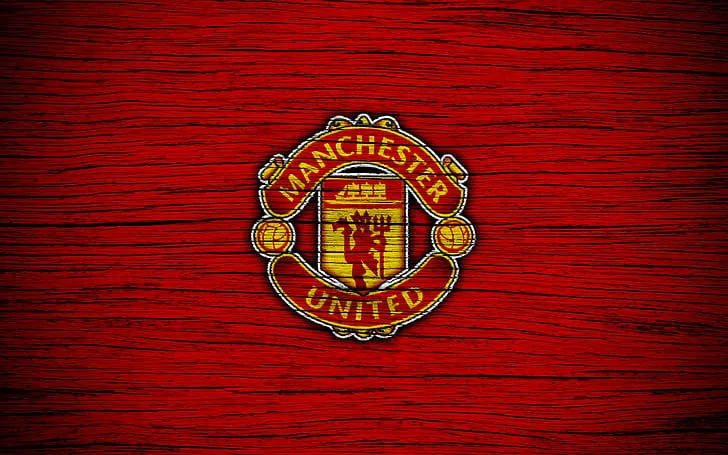
In the world of Betti casino, where every turn of roulette and every hand of cards is filled with excitement and anticipation of victory, English football holds a special place in the hearts of fans. It's not just a game; it is a true passion that unites millions of people around their favorite clubs and players. England is, of course, the cradle of football, where its foundations, traditions and competitive spirit were born and developed. These legendary clubs, such as Manchester United, Liverpool, Chelsea and Arsenal, have become not just symbols of English sport, but also an important part of world football history. Their achievements at the national and international levels inspire admiration, pride and sometimes even envy among their rivals.
They conquered peaks not only in England, but also in Europe, leaving their mark on the history of the Champions League and other prestigious tournaments. Their play inspires, their success makes fans' hearts beat faster, and their stories serve as an example of unbending will and desire to win. After all, it is these qualities that make English football so unique and unrepeatable, and every game an unforgettable spectacle in which drama, excitement and art are intertwined. This is the essence of football, which we love and value so much.

With roots dating back to the 19th century, English football is more than just a sport - it is a vibrant part of Britain's cultural and social heritage, imbued with tradition, passion and the enduring love of its fans. It is a story that began with informal matches between villages and towns, where the rules were often decided on the spot, and has evolved into the modern splendor of world sport with its highly regulated norms and million-dollar contracts. Formed in an era when football became a symbol of the working class, English football quickly grew into a national treasure, becoming part of global culture and identity.
The birth of football clubs, the first competitions and the creation of the Football League in 1888 marked the beginning of the professionalization of a sport that had until then been exclusively amateur. These were the times when football began to develop its unique image, attracting the attention of not only thousands of spectators in stadiums, but also millions of fans through radio and then television. Subsequently, with the expansion of the Premier League and the introduction of new technologies, English football reached the international level, winning the hearts of fans from all over the world.
The professionalism of the players, the tactical skill of the coaches and the consistently high level of competition contributed to the emergence of world-class stars, whose names are known to every football fan today. English clubs became real laboratories of innovation, where new playing strategies were tested, and traditional English styles - attacking football and the long ball strategy - were complemented and enriched by international experience.
All over the world, English football is characterized not only by brilliant victories and bitter defeats on the field, but also by an unprecedented level of fan support. Fan marches, songs in the stands and a sea of club colors in the stadiums create an atmosphere of genuine enthusiasm and unity. It is this atmosphere, born in the depths of English tradition, that has made football a true national treasure, a symbol that unites generations and classes, and has turned English clubs into iconic figures on the world sporting stage.

Manchester United is one of the most recognizable football brands in the world. The club has an impressive collection of trophies, including a record number of Premier League titles and UEFA Champions League victories. Their style of play, team spirit and legendary players such as Bobby Charlton, George Best and Ryan Giggs have made Manchester United a true symbol of English football.
Liverpool are returning to their former glory under Jurgen Klopp, winning the Champions League in 2019 and the Premier League in 2019/2020. The club's history is rich in international success and its fans are known for their unwavering support for their team.
Since the arrival of Roman Abramovich in 2003, Chelsea have become one of the leading teams in England and Europe. Under the leadership of coaches such as Jose Mourinho and Antonio Conte, the club won several Premier League and Champions League titles.
Under Arsene Wenger, Arsenal introduced the world to a unique style of play based on passing, mobility and technique. The Invincibles of the 2003/2004 season will go down in history as one of the strongest teams of all time.
English clubs have had a huge impact on the development of world football, setting new standards in tactics, training methods, management and marketing of the sport. Their contribution to the evolution of the football game and culture is invaluable, as they pioneered many aspects that we take for granted today. From dominating international competition to introducing cutting-edge technology into training and stadium infrastructure, English clubs have demonstrated how innovation can transform sport.
English football clubs are not only legends on the pitch, but also symbolize the passion, excitement and competitive spirit that is so valued in the world of sport. Their achievements inspire millions of fans around the world, and their stories are a reminder that true skill and perseverance always lead to success.